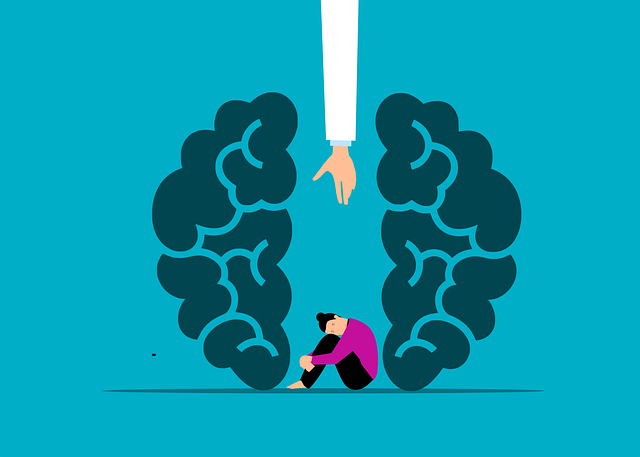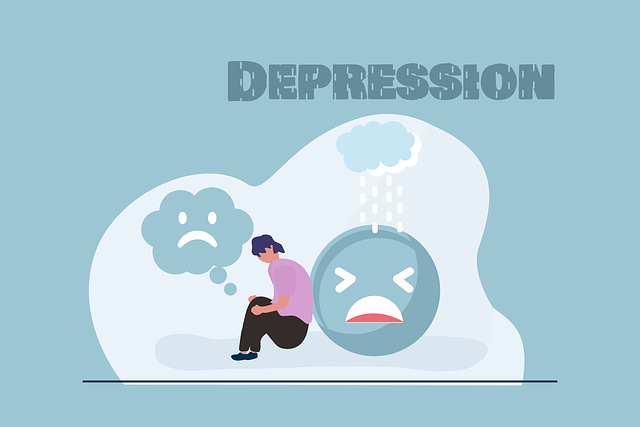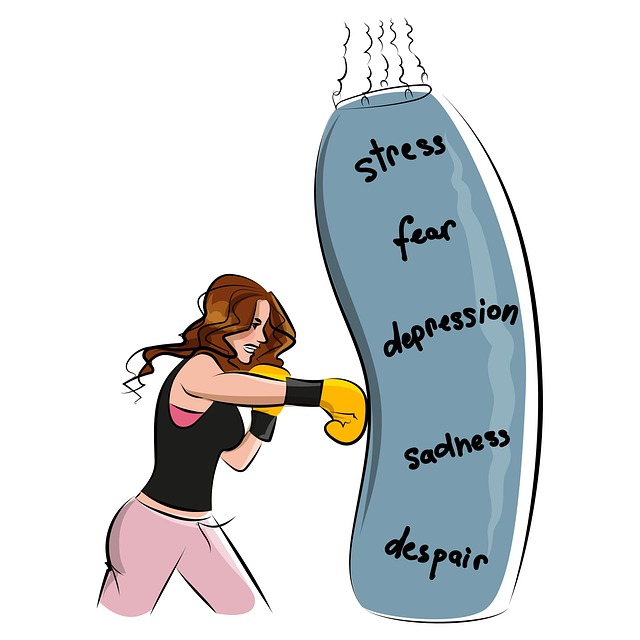Mental health advocacy promotes awareness, accessibility, and understanding of emotional well-being. By destigmatizing mental health struggles, advocates empower individuals through self-care and resilience building. Early intervention strategies, such as therapy for children and mental health evaluations, are key to long-term well-being, especially in identifying and addressing issues early. These evaluations offer personalized support, enhancing school performance and social interactions. A multifaceted approach combining mental health evaluations, mindfulness practices, and community support networks ensures everyone receives the necessary care, fostering a culture where therapy for children and mental health concerns are normalized and accessible.
Mental health advocacy is a powerful tool for creating positive change. This article explores initiatives aimed at improving access to therapy for children, focusing on early intervention and mental health evaluations. We delve into the transformative impact of these strategies, highlighting their role in fostering resilience and overall well-being. From understanding advocacy’s necessity to implementing effective approaches, these efforts underscore the importance of supportive communities in nurturing young minds. By examining successful collaborations, we uncover insights that can guide and enhance mental health services for children.
- Understanding Mental Health Advocacy: A Necessary Mission
- The Impact of Early Intervention on Children's Well-being
- Uncovering the Benefits of Mental Health Evaluations
- Strategies for Effective Mental Health Advocacy Initiatives
- Building Community Support: A Collaborative Approach to Therapy Access
Understanding Mental Health Advocacy: A Necessary Mission

Mental health advocacy is a vital mission that requires dedicated individuals and organizations to spread awareness and promote understanding. It involves raising voices for those who may not have access to proper resources, ensuring everyone receives the therapy for children they need, and supporting initiatives that enhance mental well-being. By emphasizing the importance of mental health evaluations, advocates play a crucial role in destigmatizing conversations around emotional and psychological struggles.
Through self-awareness exercises and encouraging self-care practices, advocacy groups aim to empower individuals to take charge of their mental health. This includes promoting strategies for mood management, ensuring people have access to necessary support systems, and fostering environments that nurture resilience and overall well-being. Such efforts are essential in creating a society that values and prioritizes everyone’s mental health.
The Impact of Early Intervention on Children's Well-being

Early intervention plays a pivotal role in shaping the long-term mental health and well-being of children. By identifying and addressing emerging issues at a young age, therapy for children can prevent more severe problems from developing later in life. Mental health evaluations are crucial tools to assess a child’s emotional, behavioral, and cognitive functioning, allowing professionals to tailor interventions accordingly. These early interventions often focus on teaching children essential coping strategies, mood management techniques, and mind over matter principles to navigate stress and challenges effectively.
Through mental wellness coaching programs, children learn valuable skills in self-regulation, communication, and problem-solving. This proactive approach not only enhances their current emotional resilience but also fosters a positive foundation for their future mental health. By investing in early intervention, communities can strive towards a more holistic and sustainable solution to support the mental wellness of young individuals as they grow and navigate the complexities of adolescence and adulthood.
Uncovering the Benefits of Mental Health Evaluations

Mental health evaluations play a pivotal role in fostering well-being and offering tailored support. These assessments provide an opportunity to gain valuable insights into an individual’s mental state, identifying potential issues or strengths that may be impacting their daily lives, including school performance or social interactions. For children, mental health evaluations are particularly crucial as they help professionals design effective therapy for children, addressing challenges such as anxiety, depression prevention, and even conflict resolution techniques at an early stage.
By implementing these evaluations, communities can enhance overall Mental Health Awareness, ensuring that individuals receive the necessary care promptly. This proactive approach can significantly reduce the burden of mental health issues in society, empowering people to lead healthier, happier lives. It encourages a culture where seeking help is normalized, promoting accessibility to resources and support systems.
Strategies for Effective Mental Health Advocacy Initiatives

Mental health advocacy initiatives require a multifaceted approach to ensure impactful change. One effective strategy is to focus on early intervention and prevention, particularly when it comes to therapy for children. By implementing mental health evaluations in schools and communities, we can identify emerging issues before they escalate. This proactive approach not only improves outcomes but also reduces the stigma associated with seeking help.
Additionally, integrating practices like mindfulness meditation and self-care routine development for better mental health into daily lives can significantly enhance resilience. Communication strategies play a pivotal role in these initiatives; open dialogue between healthcare providers, educators, and families fosters a supportive environment where individuals feel comfortable discussing their mental health. This collaborative effort ensures that everyone is equipped to contribute to a person’s well-being.
Building Community Support: A Collaborative Approach to Therapy Access

Building community support is a collaborative approach to enhancing therapy access, especially for children and their families navigating mental health challenges. By fostering strong community ties, various stakeholders—including schools, healthcare providers, local businesses, and community leaders—can work together to create a network of support that reduces barriers to therapy services. This holistic initiative ensures that mental health evaluations are more accessible, affordable, and tailored to the unique needs of each individual and family unit.
Community partnerships can facilitate stress reduction methods like mindfulness meditation and mental wellness journaling exercises, providing guidance and resources to promote resilience and coping mechanisms. Such collaborative efforts not only improve therapy accessibility but also foster a culture that prioritizes mental wellness, ensuring that children receive the necessary support to thrive in a safe and nurturing environment.
Mental health advocacy initiatives, encompassing early intervention, mental health evaluations, and community support, play a pivotal role in enhancing children’s well-being. By implementing effective strategies, such as collaborative therapy access within communities, we can ensure that young individuals receive the necessary support for their mental health needs. This holistic approach not only benefits the current generation but also fosters resilience and promotes overall well-being for future generations, underscoring the enduring impact of dedicated advocacy efforts.














